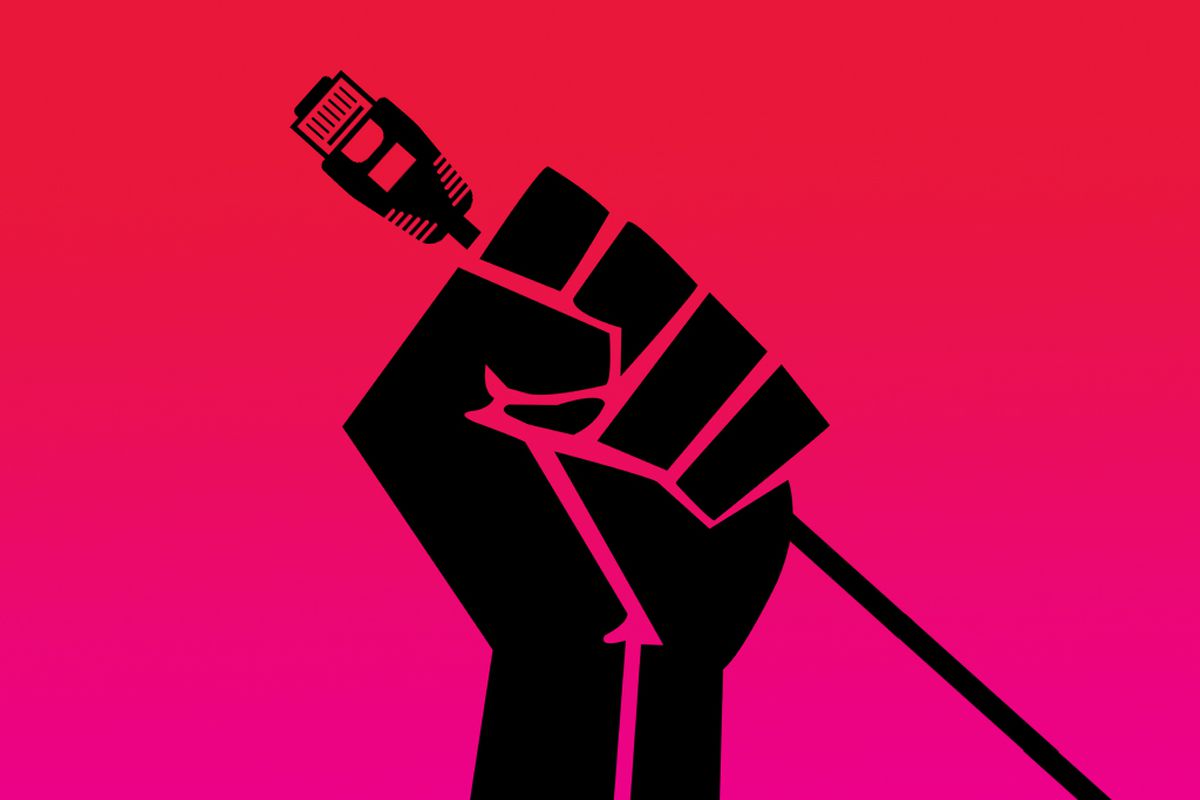
The fight for net neutrality is far from over, despite the fact that time has run out in 2018. Democrats in the House of Representatives failed to gather enough votes by the end of the year, to use the Congressional Review Act, in order to undo the Federal Communications Commission’s (FCC) rollback of the popular rules. The FCC is currently run by the Republican’s, and they voted a year ago to repeal the rules adopted in 2015, which was designed to ensure that all traffic on the internet was treated equally. Equally is an interesting term, because it would suggest that everything you do online is the same. Watching Netflix, for example, would be the same as using Instagram or sending an email. But the FCC doesn’t want that for you any longer.
In fact, Chairman Ajit Pai argued that the “heavy-handed” rules actually deterred internet service providers’ from being able to invest and promote new investment. If Pai and the FCC have their way, then the internet as we know it won’t exist much longer. Pai isn’t telling you the whole story, however. In fact, the only people who are expected to benefit from the rollback of the rules are internet service providers. And I’m not talking about the small companies that exist in rural areas. I’m talking about the AT&T’s and Comcast’s of the world. Big tech companies like Google and Facebook are against these rollbacks and support the idea of net neutrality rules. Why? Because you, as a consumer, will have to pay extra to use their services. Since the repeal, these companies have been working with Congress and state legislatures in order to reinstate the rules. But is that enough?
What will happen next? Legal briefs to the Federal Court of Appeals for the DC Circuit were due in late November, and oral arguments are scheduled for Feb. 1. A decision in the case isn’t expected until at least June. But even then, legal experts say, the litigation is unlikely to end. What is likely to happen is that none of this will play out until everyone in the United States is focused on the 2020 presidential election. Which means, this will become an election issue – and that might be bad news for the Republicans. Why exactly? If the Democrats win the White House, they will control the FCC again. Which means, they could restore the 2015 net neutrality rules, and start this whole process over again.
Two of the big questions that are being asked in this lawsuit is whether the FCC had sufficient reason to change the classification of broadband so soon after the 2015 rules were adopted in the first place. And whether the agency has the right to pre-empt states, like California, from being able to adopt their own net neutrality laws.
Even though the Congressional Review Act may have failed to reinstate net neutrality regulations, but supporters are hopeful that Democrats will be able to move federal legislation. But right now we have a divided Congress and a Republican president who needs to sign off on the new law, and it’s unlikely that it will happen. Which means, the only hope to have net neutrality reinstated is going to determined during the 2020 election.



![Apple Watch Ultra: The best Apple Watch I do not need [Video]](https://9to5mac.com/wp-content/uploads/sites/6/2026/01/AWU-FI.jpg?quality=82&strip=all&w=1600)